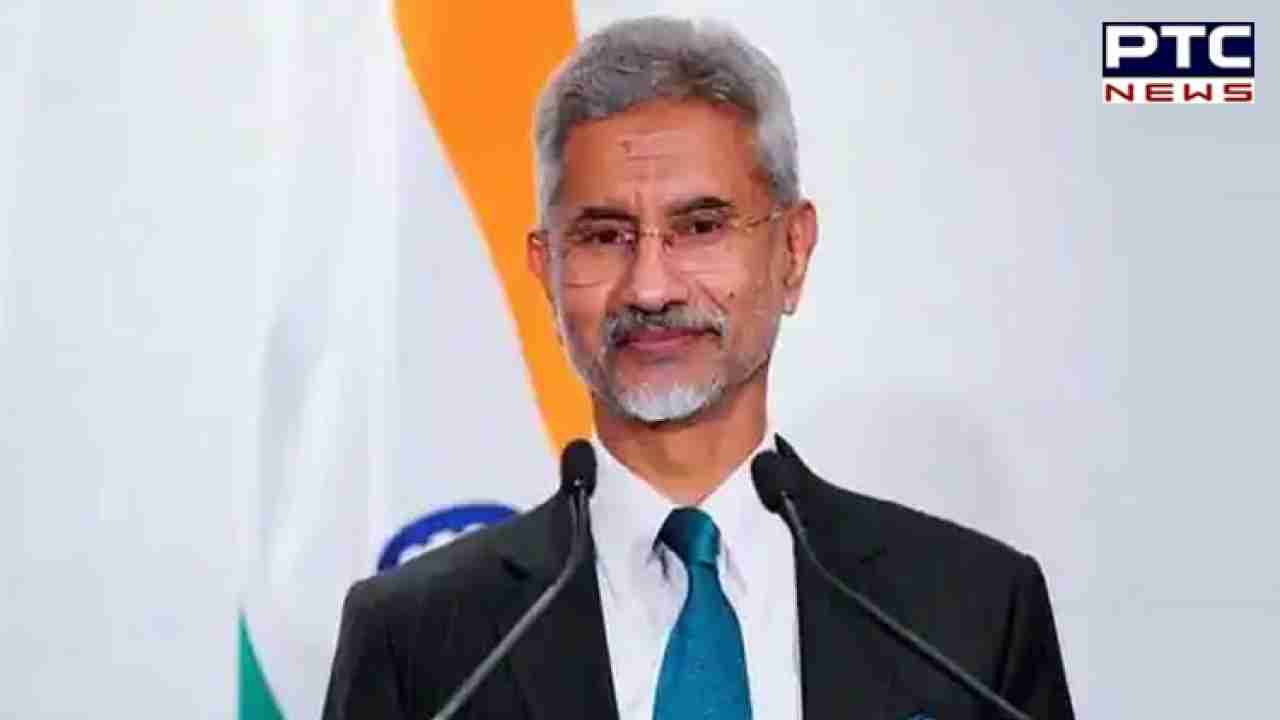

Era of uninterrupted dialogue is over: S. Jaishankar takes a firm stance on Pakistan
PTC News Desk: External Affairs Minister Dr. S. Jaishankar delivered a strong statement regarding India’s current stance towards Pakistan, clearly stating that the period of "uninterrupted dialogue" has come to an end. This remark underscores India's hardened position in light of ongoing tensions and Pakistan-sponsored terrorism.
Speaking at a book launch event in Delhi, Jaishankar emphasised that actions have consequences, directly referring to Pakistan's history of supporting terrorism. He reiterated that India remains firm on its policy that it cannot engage in dialogue with Pakistan while terrorism continues unabated. "The era of uninterrupted dialogue with Pakistan is over. Actions have consequences," Jaishankar stated.
He also made it clear that there would be no reconsideration on matters such as Article 370, which concerns Jammu and Kashmir. "As far as Jammu and Kashmir is concerned, Article 370 is done. So, the issue is what kind of relationship we can contemplate with Pakistan," he added, affirming India's stance that there would be no compromise on its territorial integrity and sovereignty.
Jaishankar further stressed that India would not adopt a passive approach in its dealings with Pakistan. He asserted, "We are not passive, and whether events take a positive or a negative direction, either way, we will react."
Known for his straightforward communication style, especially when discussing India’s foreign policy and national security, Jaishankar highlighted that the Indian government cannot turn a blind eye to terrorism in its efforts to improve relations with Pakistan. He remarked that terrorism in Pakistan has reached "industry level," suggesting a systematic and entrenched problem, and affirmed that India is no longer in a mood to tolerate such threats.
He also pointed out that Pakistan has historically used cross-border terrorism as a strategy to compel India to engage in talks. However, India has effectively countered this by refusing to negotiate under such conditions, rendering Pakistan's approach ineffective.
The External Affairs Minister also spoke about the political situation in Bangladesh, which has seen instability following the ouster of Sheikh Hasina, alongside rising concerns about law and order, including attacks on the minority Hindu community.
"It is natural we will deal with the government of the day," Jaishankar stated, acknowledging that changes in government can lead to periods of disruption. He stressed the importance of mutual interests and cooperation between neighboring countries, remarking, "Neighbours are always a conundrum... Tell me which country is there that doesn't have challenges with neighbours?"
Jaishankar's comments were made in the context of Prime Minister Narendra Modi's concerns over the safety of Hindus and other minorities in Bangladesh amidst the ongoing unrest. Following this, PM Modi had a conversation with Muhammad Yunus, the chief adviser of Bangladesh's caretaker government, who reassured him about the safety and security of minorities in the country.
According to a readout from the Ministry of External Affairs, Yunus suggested that reports of attacks on minorities in Bangladesh were overstated and invited Indian journalists to visit Bangladesh to assess the situation directly and report on the measures taken to protect minorities.
These developments highlight India's proactive stance in addressing regional security issues and safeguarding the interests of minorities in neighboring countries.
- With inputs from agencies
